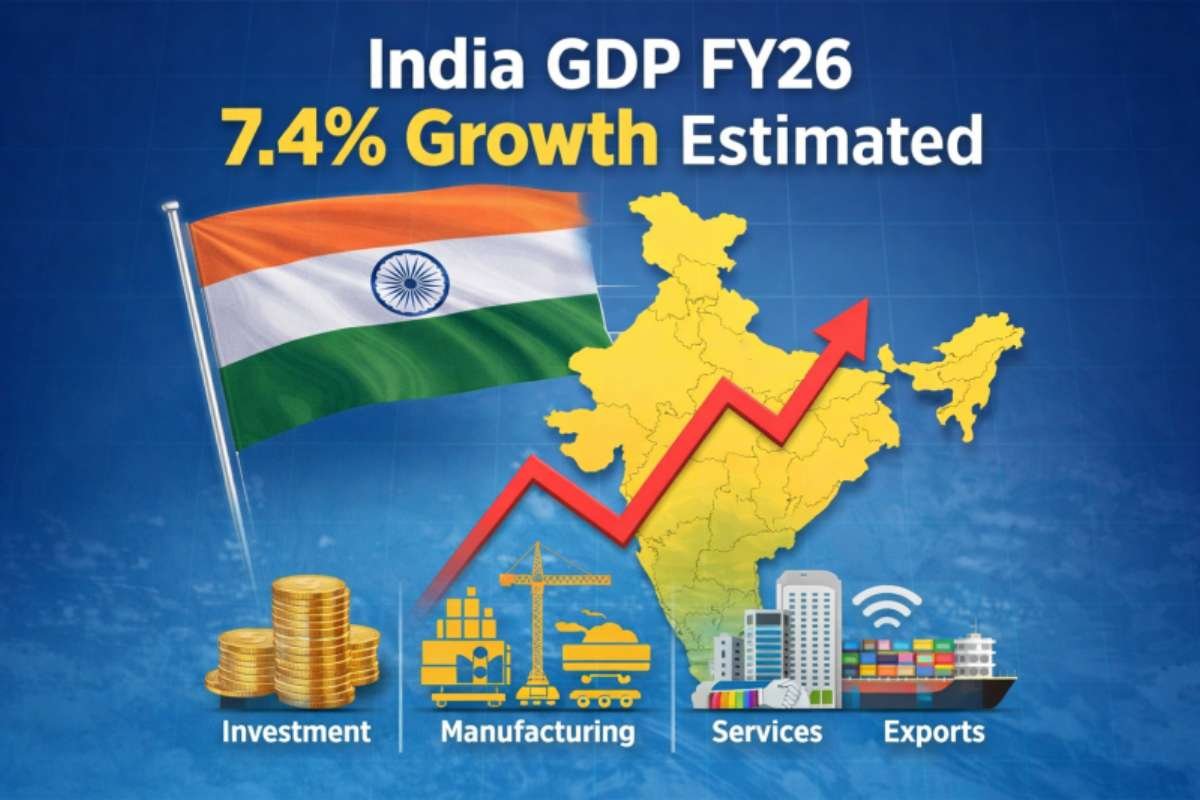India has emerged as one of the fastest-growing startup hubs in the world. Over the past decade, the Indian startup ecosystem has seen exponential growth, fostering a culture of innovation and entrepreneurship that is reshaping various sectors. Supported by a robust policy framework, growing investor interest, and a vast pool of talent, the startup landscape in India is creating a ripple effect on the global stage.
In this article, we will explore the key drivers, challenges, and opportunities within the Indian startup ecosystem, while also reflecting on the sectors that are gaining the most momentum.
The Rise of the Indian Startup Ecosystem
India’s journey toward becoming a startup hub has been nothing short of remarkable. As of 2024, India is home to over 90,000 registered startups, making it the third-largest startup ecosystem globally, after the United States and China. The rise of the Indian startup ecosystem can be attributed to several factors, including the government’s proactive measures, a large consumer base, and a burgeoning middle class with increased spending power.
The government’s flagship initiative, Startup India, launched in 2016, has been a game-changer. It provides startups with tax exemptions, ease of business registration, and access to a variety of funding avenues. The focus on ease of doing business, in conjunction with digital transformation efforts like Digital India, has significantly boosted the confidence of entrepreneurs and investors alike. Furthermore, the availability of a diverse and young workforce, which is tech-savvy and entrepreneurial, has fueled the startup culture.
Key Drivers of the Indian Startup Ecosystem
- Government Support: India’s Startup India, Make in India, and Atal Innovation Mission initiatives provide essential infrastructure, financial backing, and regulatory reforms, fostering a supportive environment for startups.
- Access to Capital: In 2023, Indian startups raised over $15 billion in funding from VCs, angel investors, and government grants, boosting early-stage ventures.
- Technological Advancements: Affordable internet, widespread smartphone use, and 4G/5G networks support tech startups in sectors like fintech, edtech, and healthtech, facilitating rapid innovation.
- Youthful Workforce: With over 65% of the population under 35, India’s young and entrepreneurial workforce, supported by strong STEM education, drives startup growth.
- Global Collaboration: Partnerships with global incubators, accelerators, and mentorship programs provide Indian startups with international expertise, networks, and market access.

Sectoral Growth within the Indian Startup Ecosystem
The Indian startup ecosystem spans across a wide range of industries. However, a few key sectors have gained prominence due to their innovative potential and market demand.
- Fintech: India’s fintech sector is booming, with startups like Paytm, PhonePe, and Razorpay leading the way. The rise of digital payments, UPI (Unified Payments Interface), and mobile banking has revolutionized how Indians transact. Fintech startups are playing a critical role in driving financial inclusion by providing access to financial services to underserved populations.

- Edtech: The pandemic-induced shift to online learning accelerated the growth of tech startups in India. Companies like BYJU’S, Unacademy, and Vedantu have capitalized on the demand for online education, offering a range of learning solutions from K-12 education to professional upskilling. The Indian edtech market is projected to reach $10 billion by 2025, reflecting the sector’s immense potential.
- Healthtech: Healthtech startups are disrupting traditional healthcare by offering digital consultations, telemedicine, and AI-driven diagnostics. With platforms like Practo and 1mg leading the charge, access to affordable healthcare has expanded, particularly in remote areas. The health tech sector in India is expected to grow significantly as more people turn to digital solutions for their medical needs.
- E-commerce and D2C: The rise of e-commerce platforms like Flipkart and Snapdeal, along with direct-to-consumer (D2C) brands, has transformed the Indian retail landscape. A growing middle class and increased internet penetration have fueled the demand for online shopping. Moreover, many D2C startups have emerged, focusing on specialized products that cater to niche audiences.
- SaaS: Software as a Service (SaaS) is another thriving segment within the Indian startup ecosystem. Companies like Zoho, Freshworks, and Chargebee have established themselves as global leaders in providing cloud-based software solutions. The Indian SaaS market is expected to reach $30 billion by 2025, making it a significant contributor to the overall growth of the startup ecosystem.
Found this article valuable? Explore more insights in our Business Viewpoint Magazine.
Challenges in the Indian Startup Ecosystem
Despite its rapid growth, the Indian startup ecosystem faces several challenges that need to be addressed for sustainable success.
- Regulatory Hurdles: While the government has made strides in improving the ease of doing business, navigating the regulatory landscape in India can still be complex. Startups often face bureaucratic delays, which can slow down operations and affect growth.
- Funding Gaps: Although there is increased access to venture capital, early-stage startups, particularly in Tier 2 and Tier 3 cities, often struggle to secure adequate funding. Bridging this gap will be crucial to ensure the inclusive growth of the Indian startup ecosystem.

- Talent Retention: While India has a large pool of skilled professionals, retaining top talent can be challenging for startups. Many skilled individuals often prefer the stability of established companies, and startups need to offer compelling value propositions, including competitive salaries, equity options, and a strong work culture.
- Scaling Beyond Borders: While many Indian startups have found success domestically, scaling operations globally remains a challenge. International expansion requires navigating new regulatory frameworks, cultural nuances, and competition from local players.
The Future of the Indian Startup Ecosystem
The future of the Indian startup ecosystem looks bright. With ongoing support from the government, increased investor interest, and continued technological advancements, India is poised to become a global leader in innovation. The push toward digital transformation, combined with the resilience of Indian entrepreneurs, will further strengthen the ecosystem in the years to come.
In conclusion, the Indian startup ecosystem is a dynamic and rapidly evolving landscape that offers immense opportunities for growth and innovation. By addressing challenges such as regulatory hurdles, funding gaps, and talent retention, India can unlock the full potential of its startups and continue to shape the future of the global economy.











